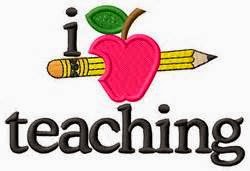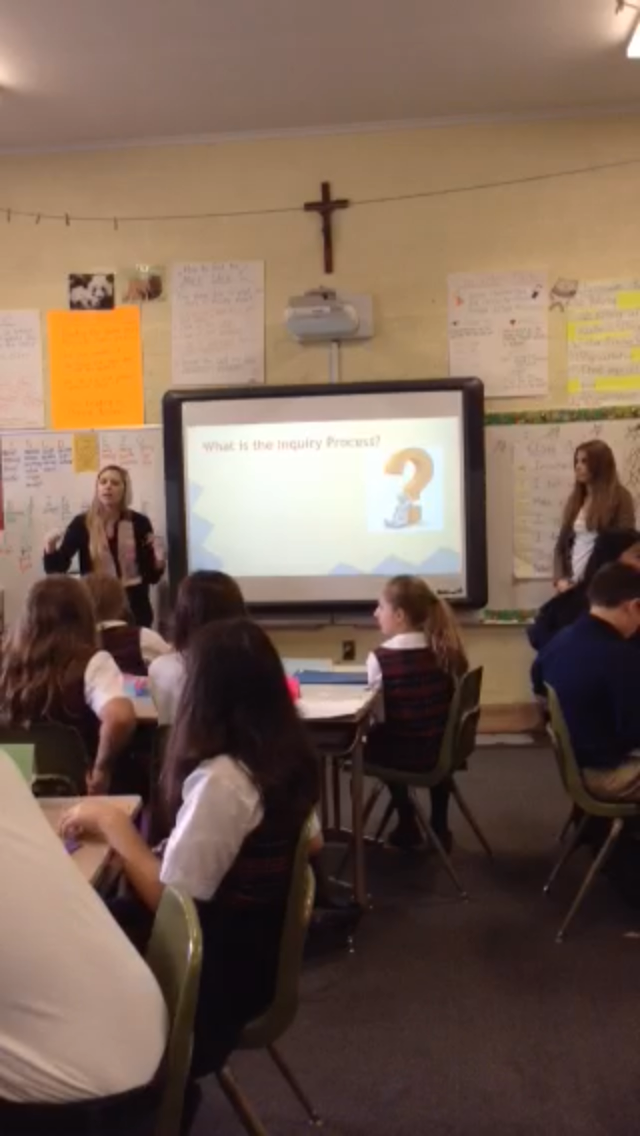I created this blog for my Social Studies Methods class because it was a requirement of the course. I was not very happy when I heard that I had to create a blog because I had done a blog before for my Math For Elementary Teachers course and I hated it! My teacher gave us an assigned length and suggested topics to write about. I wasn't allowed to be creative because I was so focused on meeting the requirements. I can honestly say that the blog was one of my favorite things from this class and something that I am very proud of. I do not hate blogging anymore; in fact, I really enjoy it! My favorite part was finding all of the graphics to make my blog interesting to look at.
This semester I created a Unit Plan that included 3 lessons that my partner and I taught to a 5th grade classroom. The fieldwork was an amazing experience. It was exhilarating to be in front of a room full of students teaching them! I had so much fun and I wish I could do it all again. I know with 100% confidence that teaching is what I want to do! I know that teaching is for me. It was such an amazing experience to be in front of the classroom because many education majors do not get to do that until they student teach. The best way to learn is to be thrown in and make mistakes. I made a ton of mistakes my first time teaching but I learned SO MUCH from it!
I created an edtpa e-folio based on my Unit Plan and field work. When my professor first showed me the e-folio, I felt like I was going to throw up! There were so many different parts that needed to be done and I didn't know how I would do it all! But I made it through. I completed my e-folio and the course and I have learned so much and done so many things that I thought couldn't be done. I am so proud of my work this semester.
In the beginning of the course, I read some advice from past students. They told me that the course is a lot of work and very challenging, but in the end it would be worth it. This could not have been more true. This semester was so stressful for me, but I did it. I made it through and it was so worth it!


















































